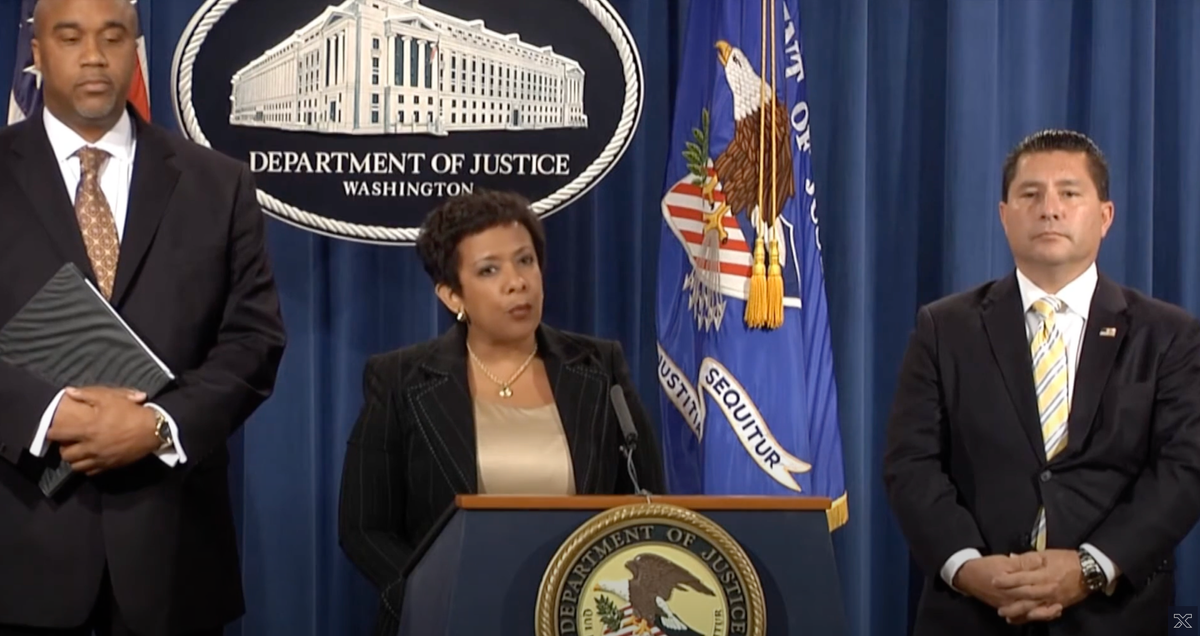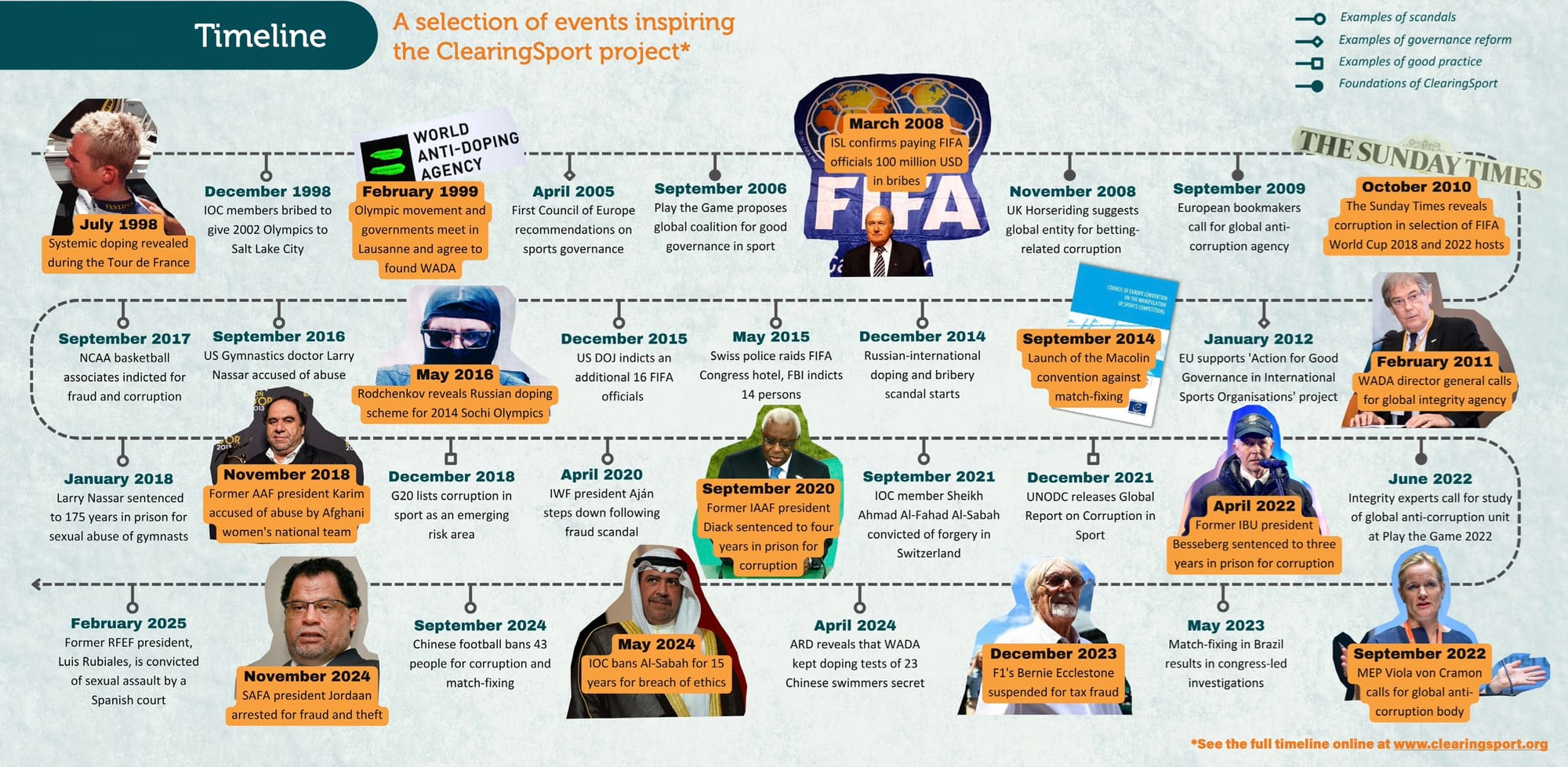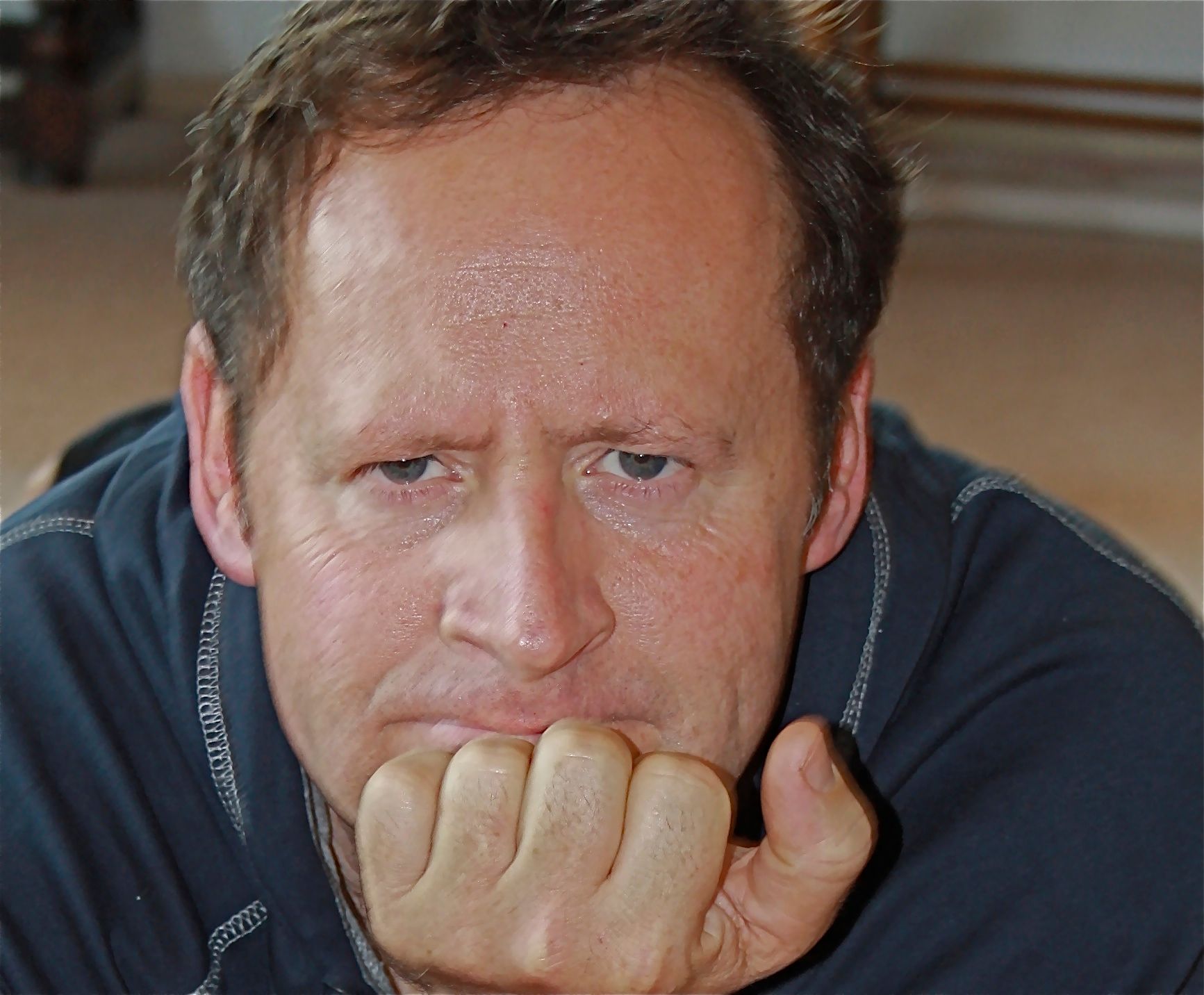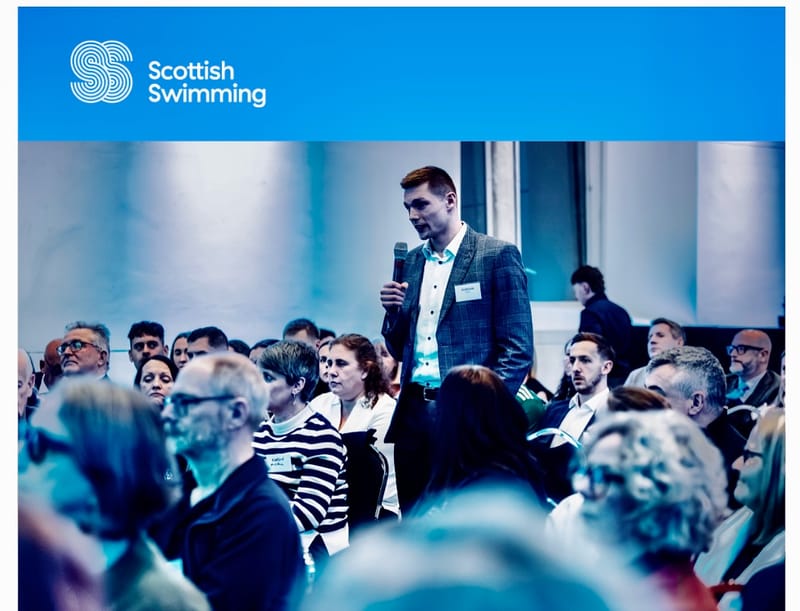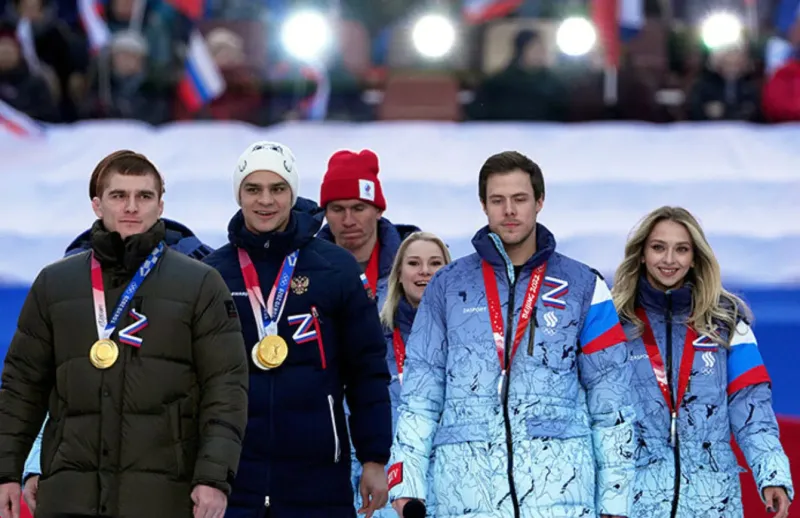Will A Watchdog For Countering Crime, Corruption & Lack Of Integrity In Sport Have Teeth?
ClearingSport sets out the long-discussed and argued case for establishing an international entity able to counter crime, corruption, and other breaches of integrity in sport to protect athletes and those who interact with sport
Play the Game, a wing of the Danish Institute for Sports Studies, has published a paper on ClearingSport, a project aimed at cleaning up the crime making international sport something of a cesspit of tolerance for the activities of "family" members bringing the whole realm into disrepute.
The paper sets out the long-discussed and argued case for establishing an international entity able to counter crime, corruption, and other breaches of integrity in sport to protect athletes and those who interact with sport.
A worthy exercise, Play The Game's 'project clean-up' raises a key question: how will any watchdog charged with monitoring crime and corruption in sport ever grow the teeth required to make the difference in the Vatican-like world of Olympic conclave, closed shop and omertà in an edifice to self-declared autonomy propped up by the twin pillars of grace and favour.
Anyone doubting that definition might care to consider that the position of president of the International Olympic Committee (IOC) changed hands on the vote of fewer than 100 people a couple of weeks ago. A democratic, accountable, accessible, transparent organisation it is not. It is, one might reasonably conclude, an organisation that hides behind boasts of integrity units and athlete commissions that can be described as being not nearly as independent as one might expect if the purpose of having such divisions of the Movement represented a serious attempt at separating state and church.
Here's how Play he Game puts it:
"The failure of sports self-regulation has led to little enforcement of existing standards, as seen in a series of scandals across international sports. To address this gap, we recommend a global regulator to ensure the implementation of good governance in sports globally against clear minimum criteria for assessment established by universal standards. Regulation could be supported by enforcement mechanisms, including rewards for compliance (through verification, audits, assurance of adherence, etc.) and sanctions for non-compliance."
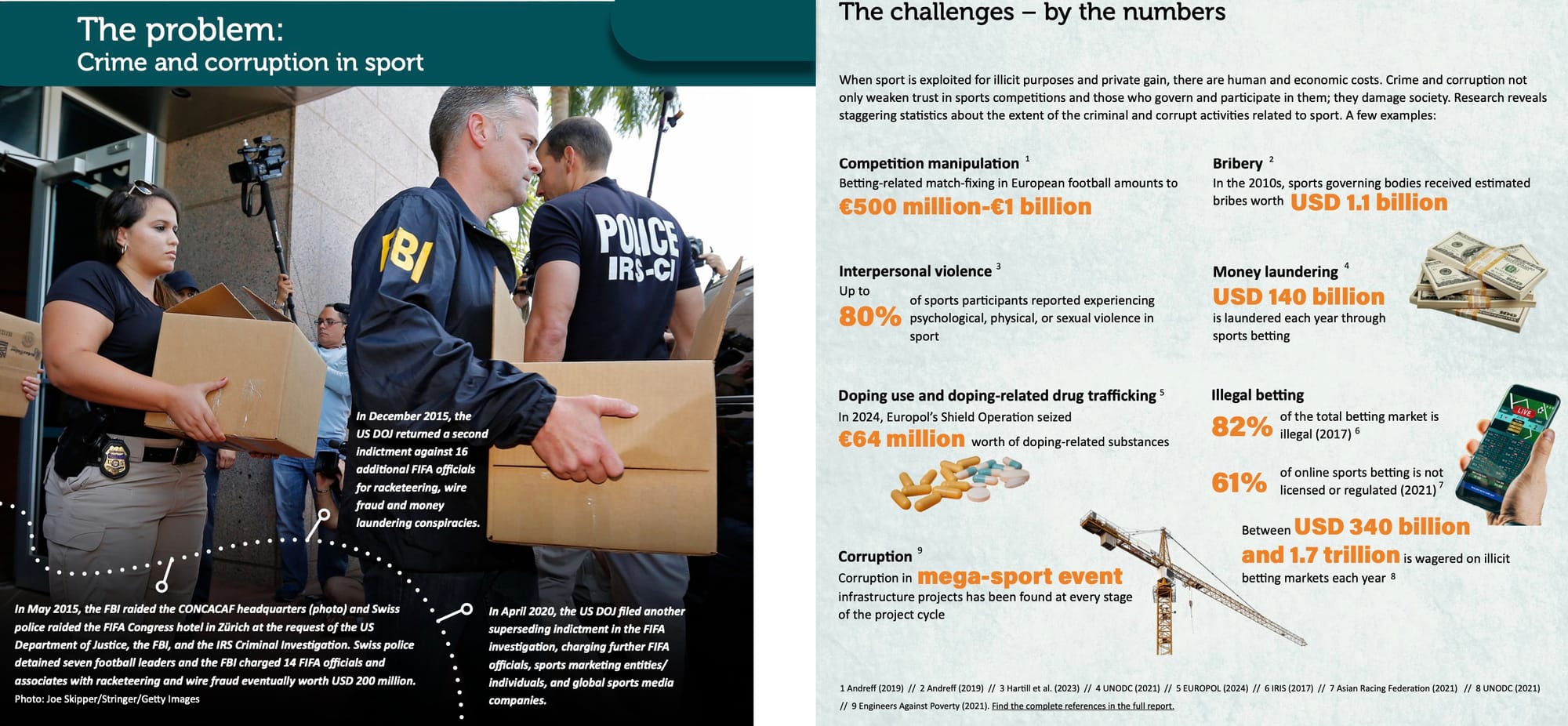
It was 2022, when Play the Game responded to a call from various professional realms linked to sport, including law and media, to revitalise the idea of an international entity able to clamp down on criminality and ethics failures that make sport a place e of danger and abuse for athletes, among others.
ClearingSport is the culmination of "comprehensive research and consultations with a group of prominent industry experts", says Play the Game, which describes the project as:
" ... a proposal for an independent entity that seeks to unite and fortify existing efforts and also introduce new standards, collaborations and mechanisms to counter crime, corruption, and other breaches of integrity in sport."
Play the Game has invited all interested to join a free webinar tomorrow:
- On 3 April 2025 at 15.30 CET, you can join our free webinar where we introduce the findings of ClearingSport. You will also hear from leading voices in governance, law enforcement, and integrity.
- See the programme for the webinar and register here
Our proposal
Two documents present the analyses and findings of the ClearingSport project.
- The booklet sums up the findings of ClearingSport and proposes practical solutions to counter crime and corruption in sport.
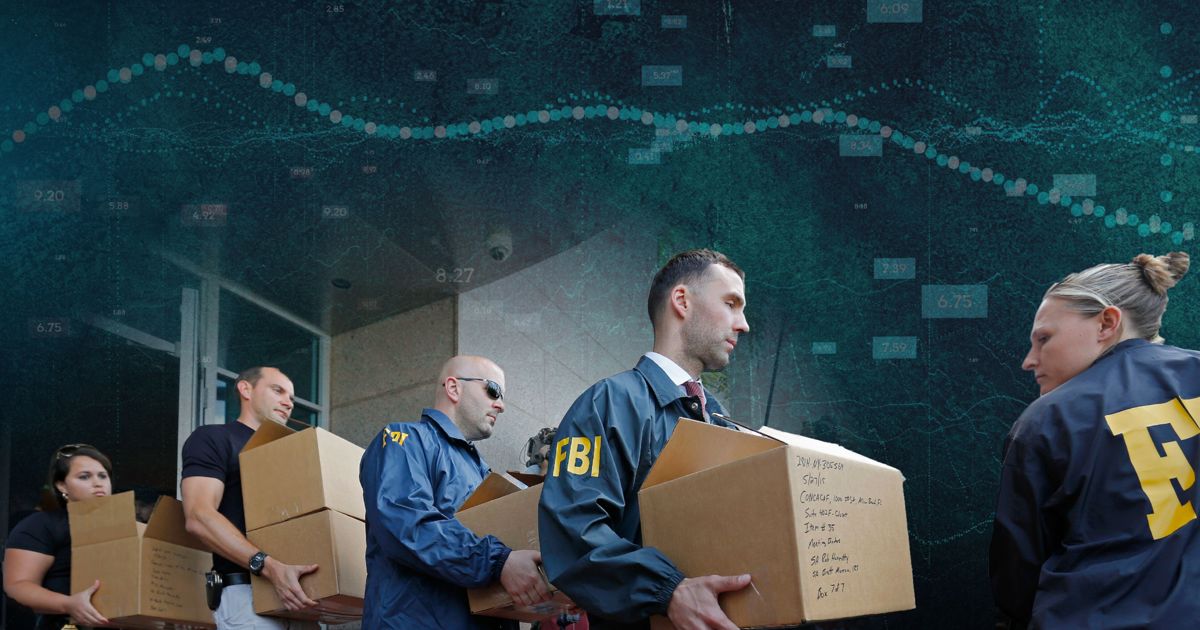
- The concept note explains our findings in greater depth, details our analyses, and builds upon and references the relevant ongoing debates in the field.
Play the Game says that the ClearingSport project aims to:
- Raise awareness about the issues sport is facing and what they cost sport and society.
- Create a sense of urgency on the need to take action, given that corruption and integrity problems grow as technology evolves.
- Offer insights into how an international entity could strengthen and facilitate such action.
The Danish outfit invites the whole sports realm to take part:
"We encourage you to approach the contents with a selective eye. We do not present it as an all-or-nothing exercise. You may embrace certain elements and reject others. Ultimately, we hope you will help expand on the challenges, refine and debate the solutions, and adapt and adjust our proposal if needed. Let’s continue to work together to shape more efficient solutions in sport."
One of those who helped conduct the research and has contributed to the project in ways that go back much further than 2022, Jens Weinreich, my colleague at The Inquisitor, explains why the work is worthy - and why questions remain about whether the likes off the IOC will ever actually allow the light to be let in and open its doors to truly independent scrutiny.
